NBA Players Who Are Jehovah Witnesses
The NBA is home to players from many different backgrounds and beliefs. Some of these players are Jehovah’s Witnesses, a group of Christians with special rules about how to live. These players have to make some tough choices because of what they believe. Jehovah’s Witnesses are known for going door-to-door to discuss their faith and following the Bible very closely. It can be hard when you’re also trying to be a top basketball player.
Some of these NBA stars have had to decide whether to keep playing or focus more on their religion. Others have found ways to do both. Their stories show us how faith can change the way someone plays in the NBA. It is interesting to see how these players balance being famous athletes with following their religious beliefs. In this article, we’ll look at some NBA players who are Jehovah’s Witnesses and how their faith has shaped their careers.
Who are Jehovah’s Witnesses?
Jehovah’s Witnesses are a Christian denomination known for its distinct beliefs and practices. Due to their religious convictions, they are recognized for their door-to-door evangelism, refusal to participate in military service, and abstention from certain medical procedures, such as blood transfusions. Jehovah’s Witnesses believe in living a life that adheres strictly to Biblical teachings, which can sometimes lead to challenging decisions, especially for professional athletes.
Who is the Father of Jehovah’s Witness?
Charles Taze Russell founded the movement that became Jehovah’s Witnesses in the late 19th century. Russell, originally a member of the Bible Student movement, began to develop and promote his own interpretation of the Bible, which led to the formation of Zion’s Watch Tower Tract Society in 1881. This organization became known as the Watch Tower Bible and Tract Society of Pennsylvania.
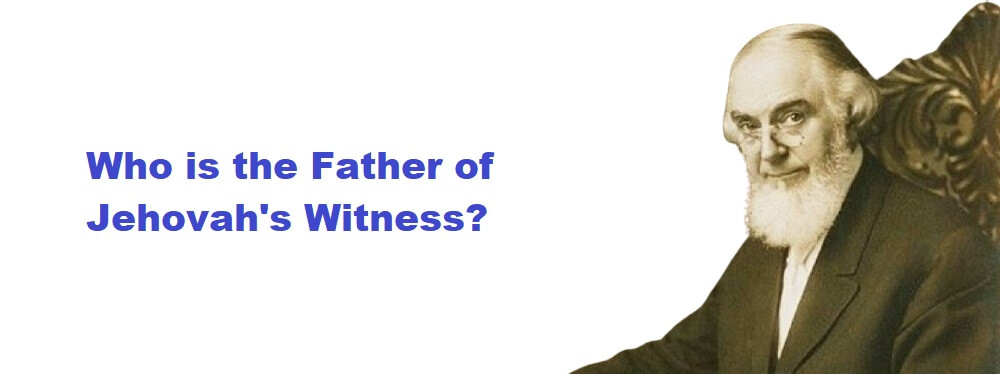
Charles Taze Russell is often considered the father of Jehovah’s Witnesses because he founded the movement and shaped its early teachings. His work laid the groundwork for what would eventually become the Jehovah’s Witnesses organization.
5 Notable NBA Players Who Are Jehovah’s Witnesses
Danny Granger
Danny Granger enjoyed a distinguished NBA career, primarily with the Indiana Pacers, spanning ten seasons. Known for his impressive scoring and versatility, Granger was an NBA All-Star in 2009 and earned the Most Improved Player award that same year. Raised in a Jehovah’s Witness family, his faith was a foundational aspect of his upbringing. As a Danny Granger Jehovah’s Witness, his career and faith intersect significantly.
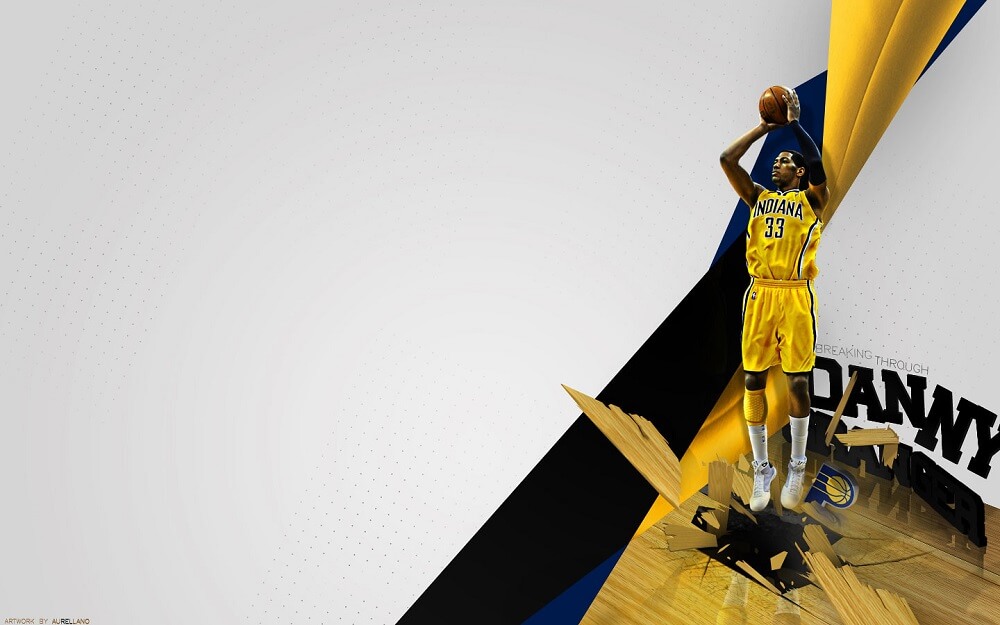
Despite his success on the court, Granger found a more profound sense of purpose in his religion. Although he did not formally embrace his faith through baptism until after retiring in 2017, his spiritual journey began early. His post-NBA life has been marked by a dedicated involvement in his religious community, where he has found fulfillment that eluded him during his basketball career.
Darren Collison
Darren Collison, a talented point guard, was drafted by the New Orleans Hornets in 2009 and played for multiple teams, including the Indiana Pacers, Dallas Mavericks, and Los Angeles Clippers. In a surprising move at the height of his career in 2019, Collison retired at age 31, choosing to prioritize his faith over lucrative contract offers. His decision was driven by his deep commitment to his beliefs as a Jehovah’s Witness. This unexpected choice was a testament to the significance of his faith in his life.
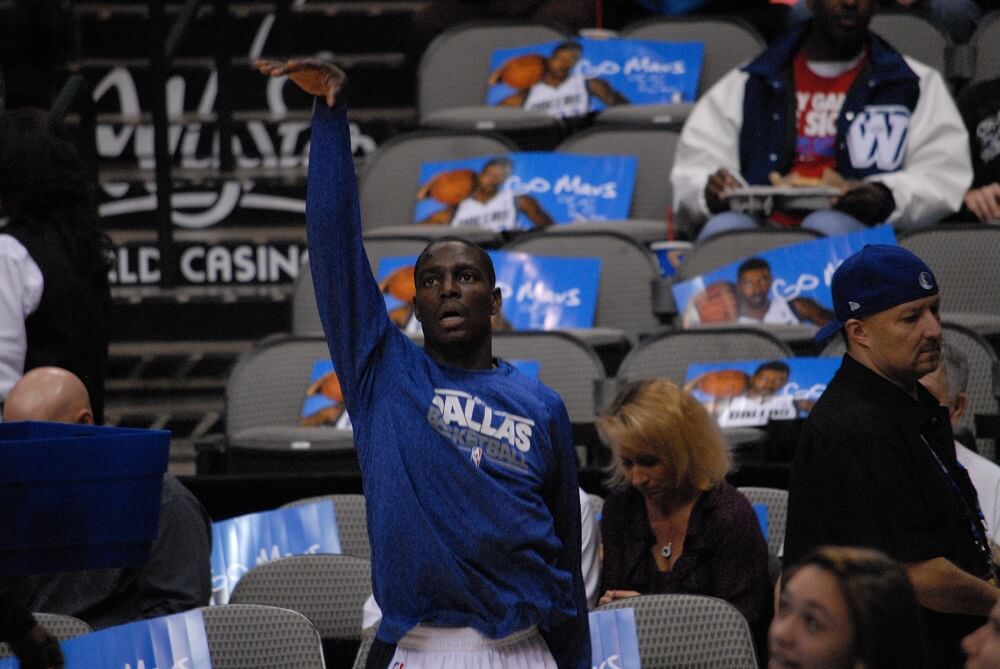
Collison briefly returned to the NBA in 2021 with the Los Angeles Lakers, but his initial retirement remains a powerful example of how personal conviction can shape professional decisions. Collison’s journey is a notable case among ex-NBA players who are Jehovah Witnesses, showing the impact of faith on career choices.
Dewayne Dedmon
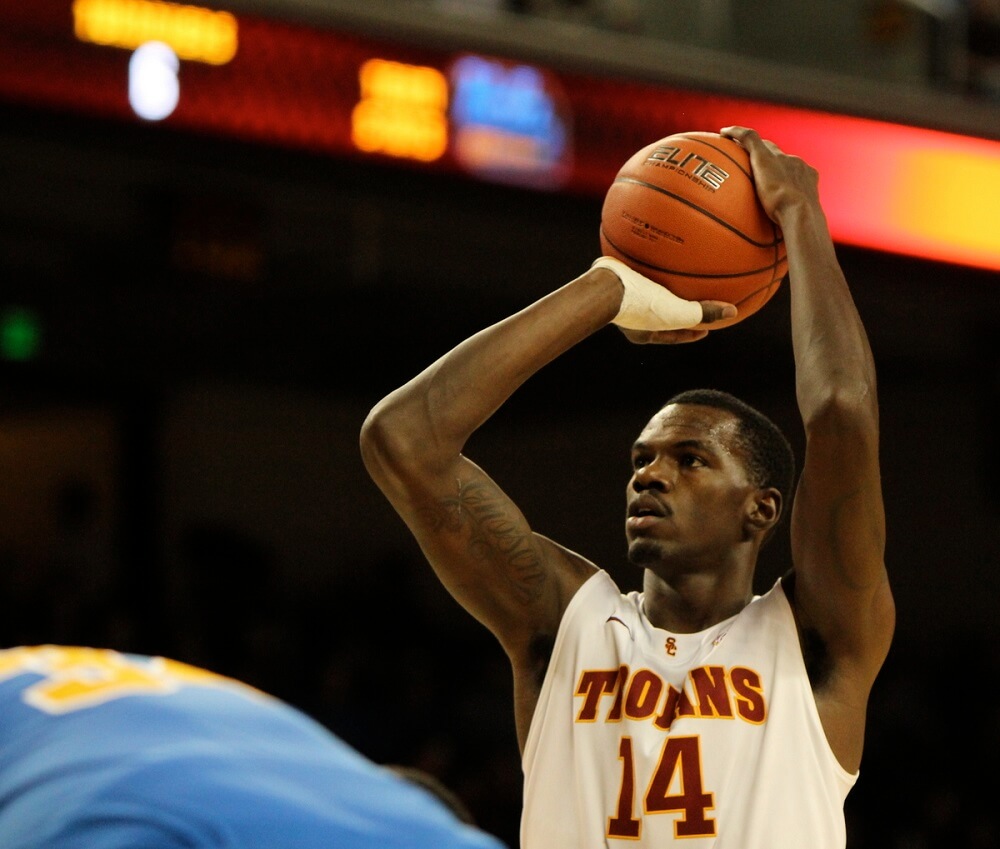
Dewayne Dedmon’s path to the NBA was shaped significantly by his religious upbringing. Raised by a devout Jehovah’s Witness mother, Dedmon was initially barred from playing basketball due to her beliefs. However, Dedmon pursued his passion for the sport once he reached adulthood despite his mother’s reservations. His professional journey began with the Golden State Warriors and included stints with the Orlando Magic, San Antonio Spurs, and Miami Heat. Dedmon’s story reflects a balance between respecting his family’s faith and pursuing his personal dreams. His success in the NBA is a testament to his perseverance and ability to integrate his religious values with his athletic aspirations.
Dave Meyers
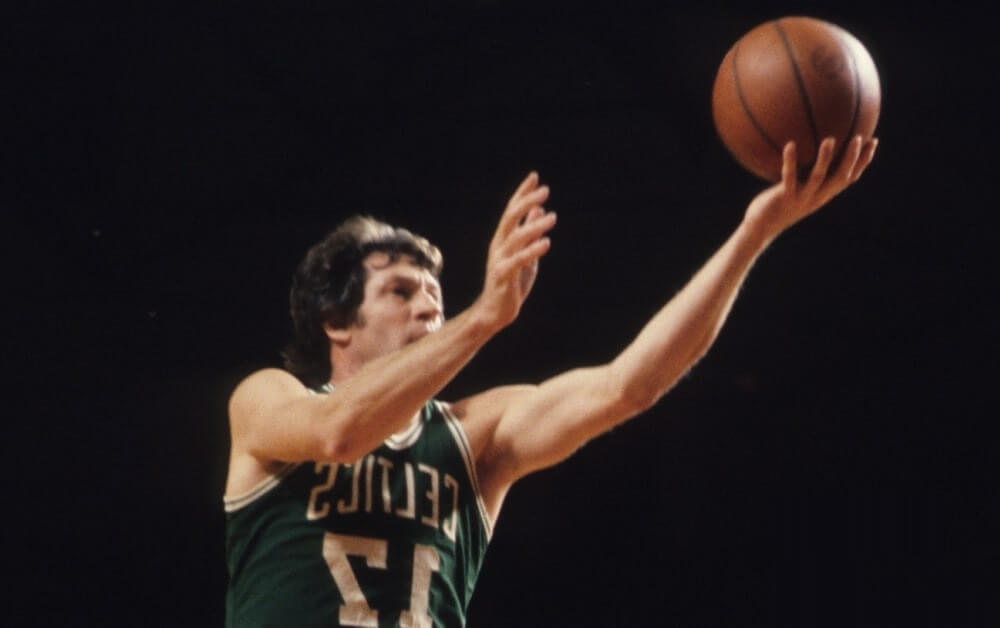
Dave Meyers, a standout player from UCLA with two NCAA Championships to his name, entered the NBA through the Los Angeles Lakers in 1975, only to be traded to the Milwaukee Bucks in a high-profile deal. Meyers played five seasons before making the surprising decision to retire in 1980. His choice to step away from the game was deeply influenced by his commitment to his faith as a Jehovah’s Witness and his desire to focus more on his family. Meyers’ retirement at a young age underscores his beliefs’ profound impact on his life, prioritizing spiritual fulfillment and family over the glamour of an NBA career.
Willie Wise
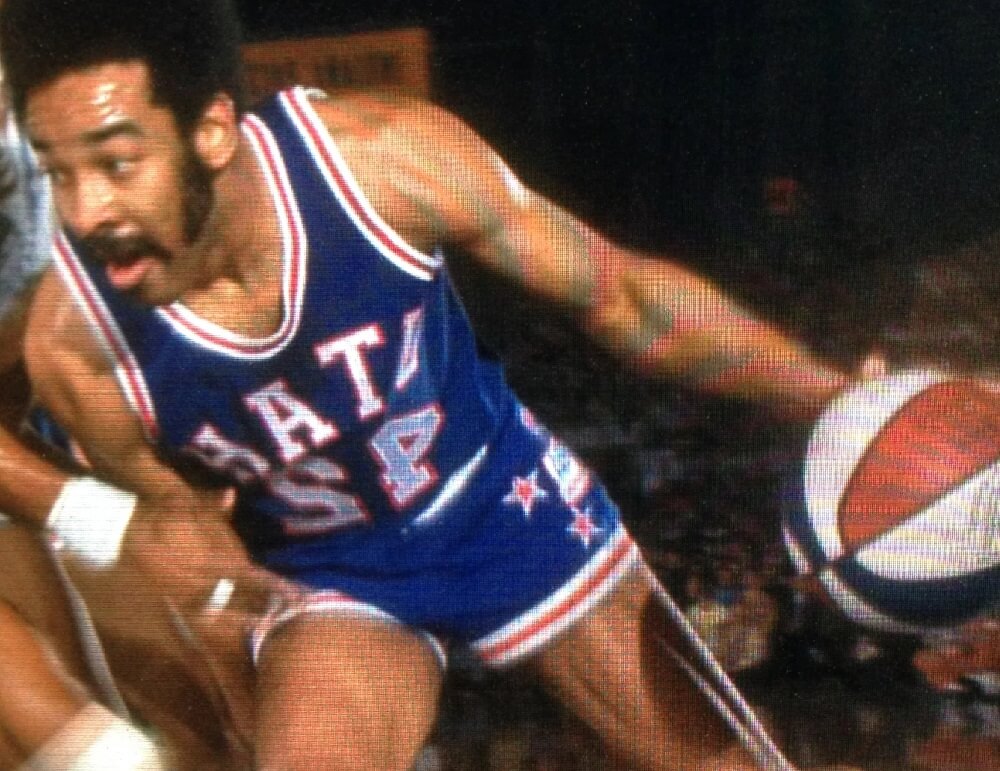
Willie Wise, an ABA All-Star who played in the 1970s before the ABA-NBA merger, was known for his strong faith as a Jehovah’s Witness. His religious convictions were central to his life, so much so that he once indicated he might have pursued a career as a Jehovah’s Witness minister had he not been selected by the Los Angeles Stars in the ABA. After the ABA-NBA merger, Wise continued his career with the Seattle Supersonics and Denver Nuggets before retiring in 1977. His dedication to his faith was a guiding principle throughout his career, influencing his decisions and actions on and off the court.
Impact of Faith on Career Decisions
The faith of these NBA players has had a strong influence on their careers and personal lives. For Darren Collison and Dave Meyers, their deep commitment to Jehovah’s Witness beliefs led them to make surprising choices. At the peak of his career, Collison retired early to focus on his faith despite still being in high demand. Dave Meyers also stepped away from the game earlier than expected, choosing to prioritize his family and spiritual life over continuing his basketball career.
In contrast, Danny Granger and Dewayne Dedmon found that their faith added meaning and satisfaction to their lives beyond basketball. After retiring, Granger was baptized into Jehovah’s Witnesses and found a new purpose and community through his faith. Dedmon despite his mother’s objections to playing basketball due to her religious beliefs, pursued his passion for the sport and succeeded in the NBA.
What Do You Call An Ex-Jehovah Witness?
An individual who has left the Jehovah’s Witness faith is often called a “former Jehovah’s Witness.” If they were expelled from the community, they might be called a “disfellowshipped Jehovah’s Witness.” If they chose to leave the faith voluntarily, they might be described as “disassociated.” The terminology used can vary based on the nature of their departure and their personal experiences.

How Many Ex-Jéhovah’s Witnesses Are There?
Estimating the number of former Jehovah’s Witnesses globally can be complex, but it’s estimated that around 600,000 individuals who were officially expelled from the faith and are still alive today were at least 16 years old at the time of their expulsion. This number reflects those who left the organization and have remained outside, providing a snapshot of the broader impact of disassociation and expulsion within the Jehovah’s Witness community.
Final Words
The stories of NBA players who are Jehovah’s Witnesses reveal the intricate balance between personal faith and professional sports. These athletes manage the challenge of aligning their strong religious beliefs with the high demands of a basketball career. Their experiences illustrate how faith can significantly influence career decisions, sometimes leading to surprising choices or early retirements. As the NBA continues to embrace diversity, the presence of Jehovah’s Witnesses adds depth to the range of backgrounds and beliefs in the league. These players remind us that behind the public personas on the court are deeply personal journeys shaped by their faith, adding a rich layer to the fabric of professional basketball.